Is generative AI a beacon for more accessible education?
eSchool News
NOVEMBER 20, 2023
With generative AI as a tool to simplify lesson planning, reduce administrative tasks, and enhance personalized learning, we can empower the potential of teachers and students and improve learning outcomes.” ” This press release originally appeared online.



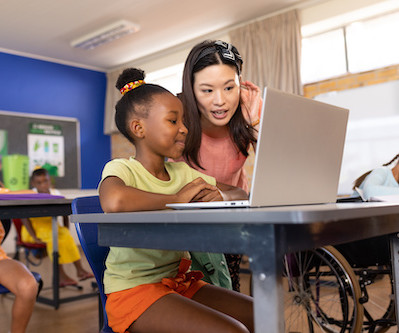
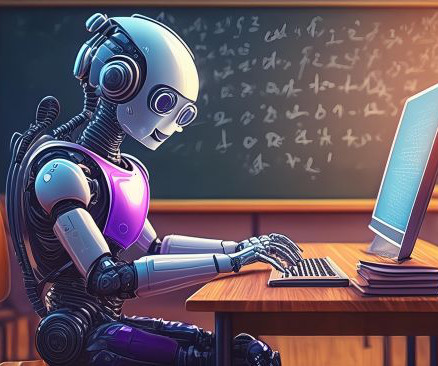
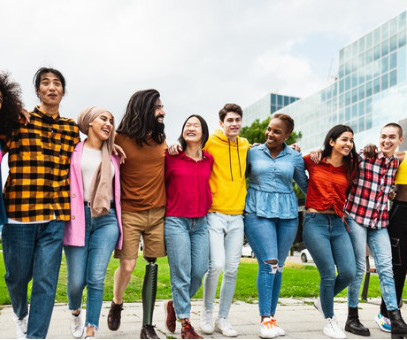
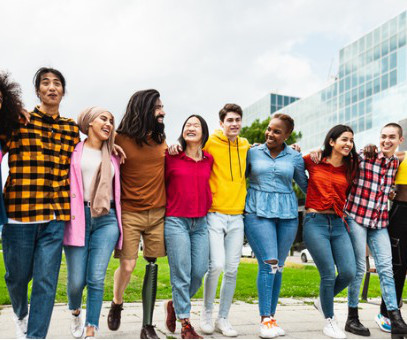
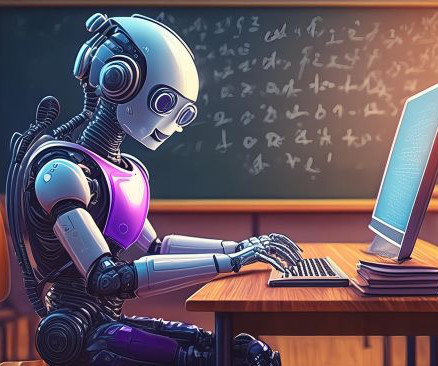
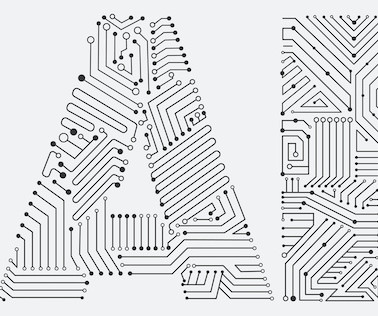







Let's personalize your content